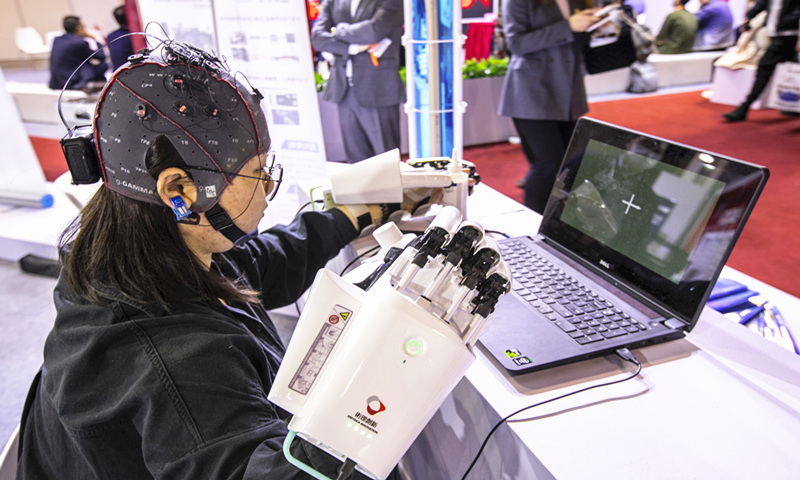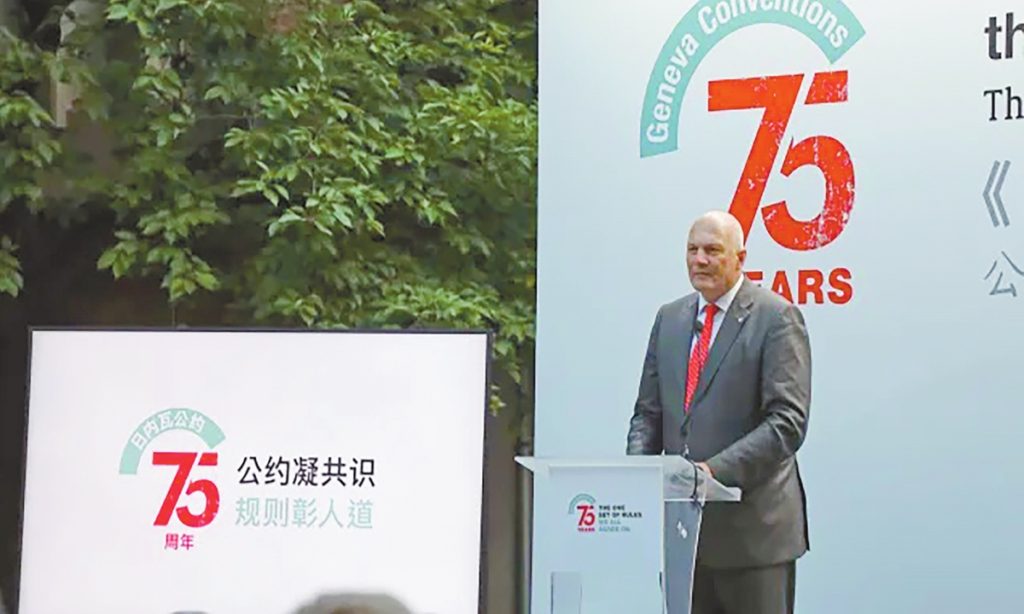Summer grain purchases across China total 60 million tons, among high level in recent years

Grain enterprises across China's major agricultural provinces have purchased more than 60 million tons of summer grain now, an increase of approximately 4 million tons year-on-year, the Xinhua News Agency reported, citing the latest data released by the National Food and Strategic Reserves Administration.
The purchase volume has remained at a relatively high level over the recent years, the report said.
The progress of summer grain purchases is proceeding smoothly. Wheat purchases in Central China's Henan and Hubei provinces, and East China's Jiangsu and Anhui provinces are nearing completion, while the progress in North China's Hebei Province, East China's Shandong Province, Northwest China's Shaanxi Province and Xinjiang Uygur Autonomous Region is between 70 to 80 percent.
And the early indica rice purchases in Central China's Hunan Province and East China's Jiangxi Province have almost come to an end.
This year, the government continued to implement the minimum purchase price policy in the major wheat and rice producing regions, effectively guiding grain purchases by grain enterprises, Li Guoxiang, a researcher from the Rural Development Institute, Chinese Academy of Social Sciences, told the Global Times on Thursday.
“This policy played a crucial role in preventing difficulties for farmers in selling their grain and curbing excessive price drops, making a significant and successful contribution to the summer grain purchases,” Li said.
The initial forecast for the 2024 summer grain purchases was approximately 70 million tons, a slight increase compared to 2023, people.cn reported in May, citing Tang Cheng, an official with the administration.
China's output of summer grain totaled 149.78 million tons in 2024, an increase of 3.63 million tons, or 2.5 percent, over the 2023 level, the National Bureau of Statistics said on July 12.
Although extreme weather events have become more frequent in recent years, “their impact on China’s grain production has been limited,” Li said.
The expectation of a bumper grain output throughout the year has not changed, Li noted.






